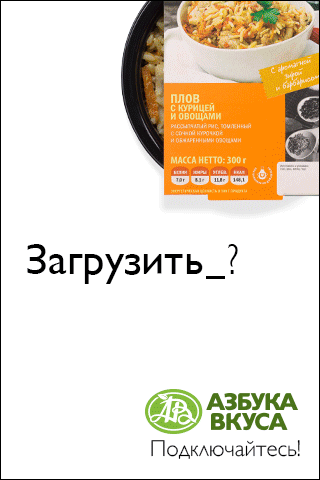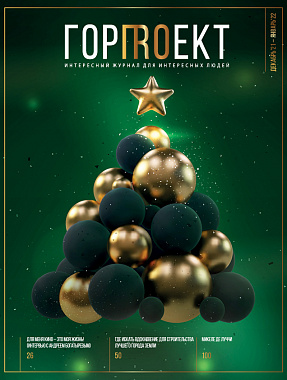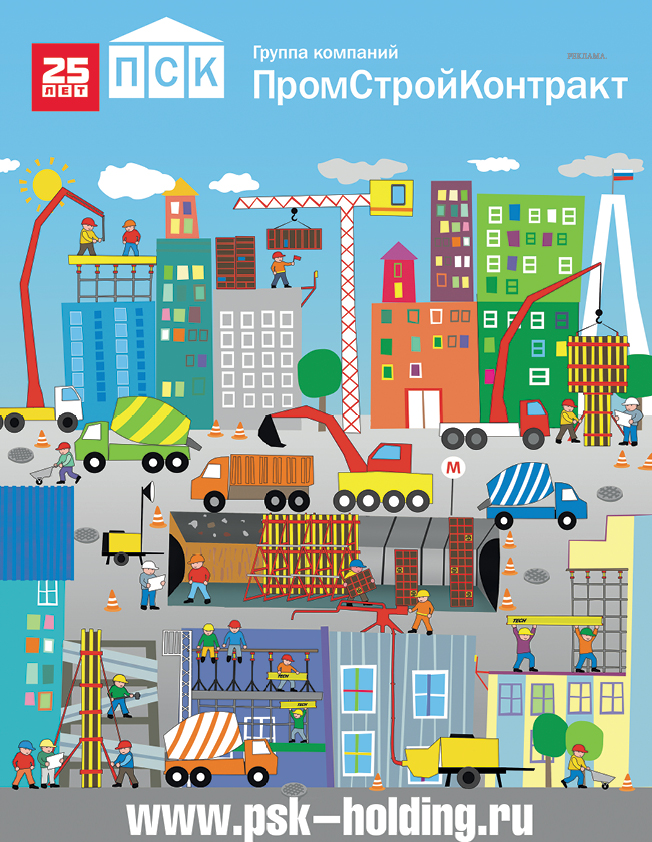Herbal recipes of traditional Chinese medicine have proven themselves in the fight against the coronavirus pandemic and helped bring the virus under control. Herbal medicines have been shown to be effective in blocking the development of COVID-19, reducing symptoms, and reducing recovery time. In China, more than 80% of patients in infectious diseases hospitals have recovered thanks to the right pharmacotherapy. The concept of oriental medicine in the fight against coronavirus is increasingly appreciated abroad. Chinese-made drugs are available all over the world, so it's worth taking a look at their ingredients, modes of action, and effectiveness.
Traditional Chinese Medicine (TCM) is a system of treatment that is several thousand years old and widely used in Asia. It includes, among other things, herbal medicine, acupuncture, cupping, gua sha massage, qigong exercises and diet therapy.
Although TCM assumptions are based on ancient non-medical knowledge, many of them have already been validated according to modern criteria.
The Chinese herbal method has been used for the past 2000 years to combat the 320 epidemics that have affected Asian peoples during this time. It is still controversial due to the use of potent and potentially toxic ingredients. The name of this natural therapy is also misleading, because in addition to plant materials, it also uses mineral, animal and even human components, although this is becoming less and less common. Obtaining the penultimate threatens the extinction of many species of rare animals, which is categorically unacceptable in the Western world. However, Chinese anti-COVID-19 formulas only include herbs and minerals.
Traditional natural recipes, along with standard medicines, were taken by the majority of cured patients. The herbs used in them alleviated the course of the disease, shortened the recovery time and reduced the side effects of chemical pharmaceuticals.
Treating coronavirus infection with traditional herbal therapy is a Chinese government recommendation that has been implemented in infectious diseases hospitals. Thus, herbal treatments were developed that were successfully used during the SARS-CoV epidemic in 2002-2003. Even then, the WHO website stated that, according to a study by the Chinese University of Hong Kong, innovative recipes are a safe, effective and inexpensive way to prevent covid infection.
Antiviral herbs
In China, about 13 thousand herbs are used for medicinal purposes, of which about 100 thousand different recipes have been created. Most often, these are decoctions of 9-18 ingredients.
Most of the recipes currently used to fight the coronavirus are already known base mixes that have been improved through experience in dealing with a new pathogen.
The most important plant raw materials in TCM for protection against coronavirus are: licorice and its root, coconut poria mushroom, mandarin peel, Japanese lily of the valley, membranous astragalus, Baikal skullcap, atractylode, Japanese honeysuckle, Korean mint, forsythia fruits, Chinese belamkanda root, fritillaria bulb , apricot kernels, dioscorea, peppermint.
Most often, herbs are prescribed to patients in the form of decoctions or ampoules containing extracts, granules or tablets, less often injections.
The effectiveness of herbal recipes
Medicinal mixtures given to Chinese patients with COVID-19 are made from several different herbs at once, as the herbal substances enhance each other's effects. As many as 29 ingredients are able to change the activity of the ACE2 receptor in human epithelial cells, through which the body is attacked by the SARS-CoV-2 virus.
The effectiveness of some herbal preparations against COVID-19 exceeds 90%. This result is particularly applicable to the popular QFPD decoction known as a detox and lung cleanse blend. It includes, among others, Chinese herb (ephedra), sprigs of cinnamon and licorice root.
The antiviral benefits of honeysuckle, one of the key ingredients in TCM preparations used against COVID-19, were confirmed by a study published in Cell Research in 2014.
The use of oriental medicine recipes in the treatment of patients with more severe symptoms contributed to their faster exit from the hospital. In infected people, after herbal medicine, the level of oxygen in the blood, the index of lung function, the level of lymphocytes or immune bodies increased, which, in turn, indicated an improvement in health.
Herbal medicines were reportedly taken by 87% of coronavirus patients treated in Beijing. 92% of people in this group felt better. There was also a small clinical trial involving 102 people from Wuhan who showed mild symptoms of the infection. The observation showed that those who received herbal mixtures along with drugs had a cure rate that was 1/3 higher than those in the control group who took only pharmaceuticals.


 DOWNLOAD
DOWNLOAD LOOK
LOOK
 Top Content of the Month
Top Content of the Month


